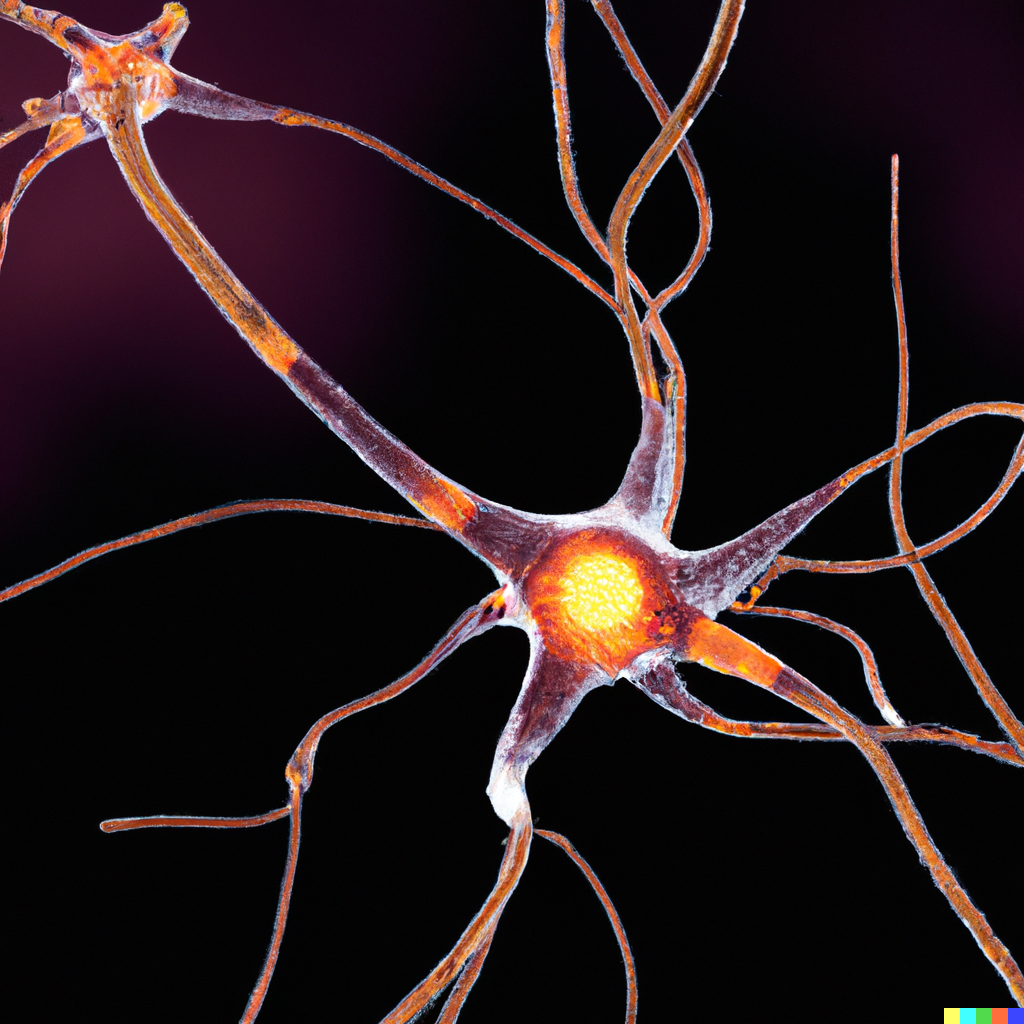Memantine’s Effect on Reducing Excitotoxicity in the Brain
Memantine’s Effect on Reducing Excitotoxicity in the Brain
Memantine is a medication commonly used to treat Alzheimer’s disease and other forms of dementia. One of its key benefits is its ability to reduce excitotoxicity in the brain. Let’s explore what this means and how memantine works to protect brain cells.
What is excitotoxicity?
Excitotoxicity occurs when brain cells become overexcited due to excessive stimulation by neurotransmitters, particularly glutamate. Glutamate is an important chemical messenger in the brain, but too much of it can be harmful. When glutamate levels are too high for too long, it can lead to damage and death of brain cells.
How memantine helps
Memantine acts as a shield for brain cells against excitotoxicity. It does this by partially blocking NMDA receptors, which are the docking sites for glutamate on brain cells. By partially blocking these receptors, memantine helps to:
1. Reduce excessive glutamate signaling
2. Prevent calcium overload in brain cells
3. Maintain normal communication between neurons
Think of memantine as a traffic controller for glutamate. It doesn’t completely stop glutamate from working (which would be bad), but it helps regulate its effects to keep things running smoothly.
Benefits for brain health
By reducing excitotoxicity, memantine offers several potential benefits:
1. Protects neurons from damage and death
2. May slow the progression of Alzheimer’s disease
3. Helps maintain cognitive function and memory
4. Could potentially benefit other conditions involving excitotoxicity, such as epilepsy or brain injury
It’s important to note that while memantine can help manage symptoms and potentially slow disease progression, it is not a cure for Alzheimer’s or other forms of dementia.
How it’s used
Memantine is typically prescribed for moderate to severe Alzheimer’s disease. It’s often used in combination with other medications called cholinesterase inhibitors for a more comprehensive treatment approach.
The medication is usually taken orally, either as a tablet or liquid, and the dose is gradually increased over time to minimize side effects.
Conclusion
Memantine plays a crucial role in protecting the brain from excitotoxicity by regulating glutamate activity. This mechanism helps preserve brain cell function and may slow the progression of Alzheimer’s disease. While it’s not a cure, memantine offers an important tool in managing dementia symptoms and maintaining cognitive abilities for as long as possible[1][4].





